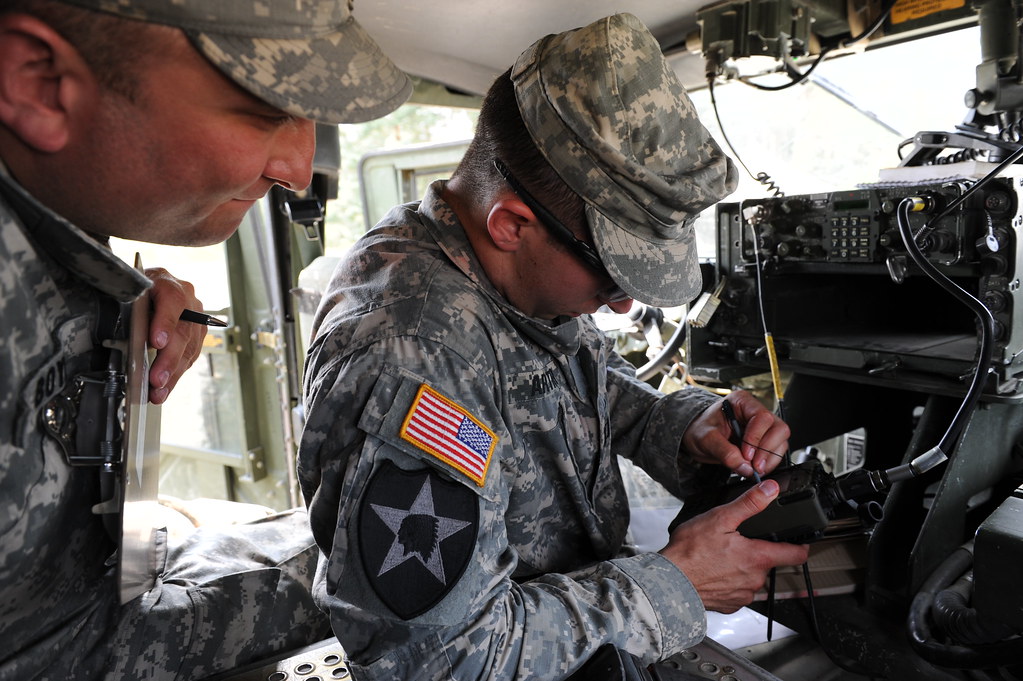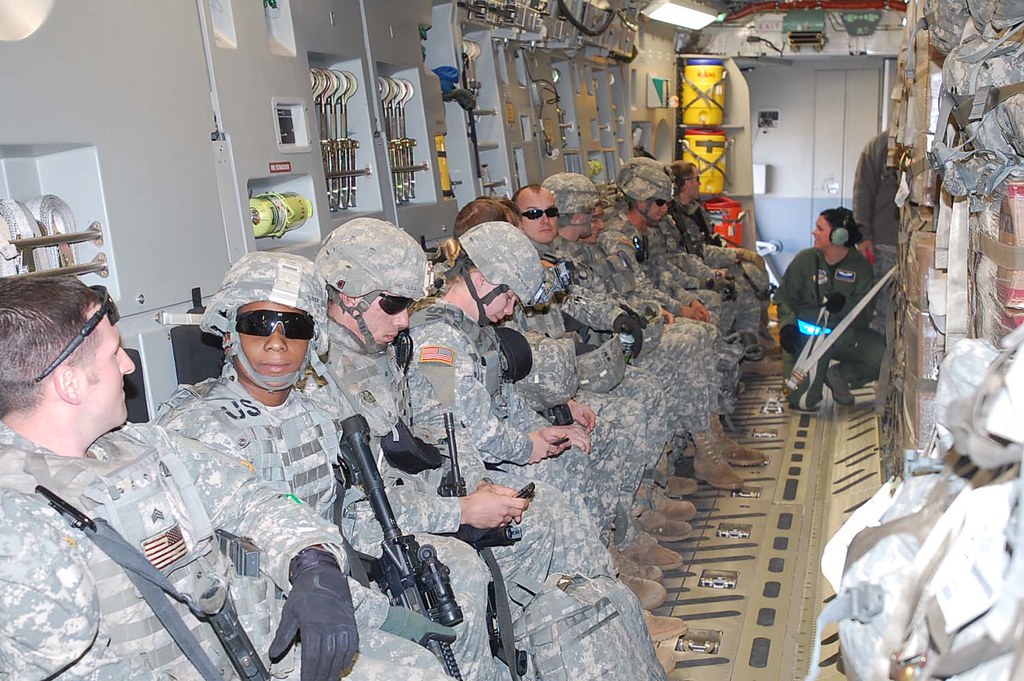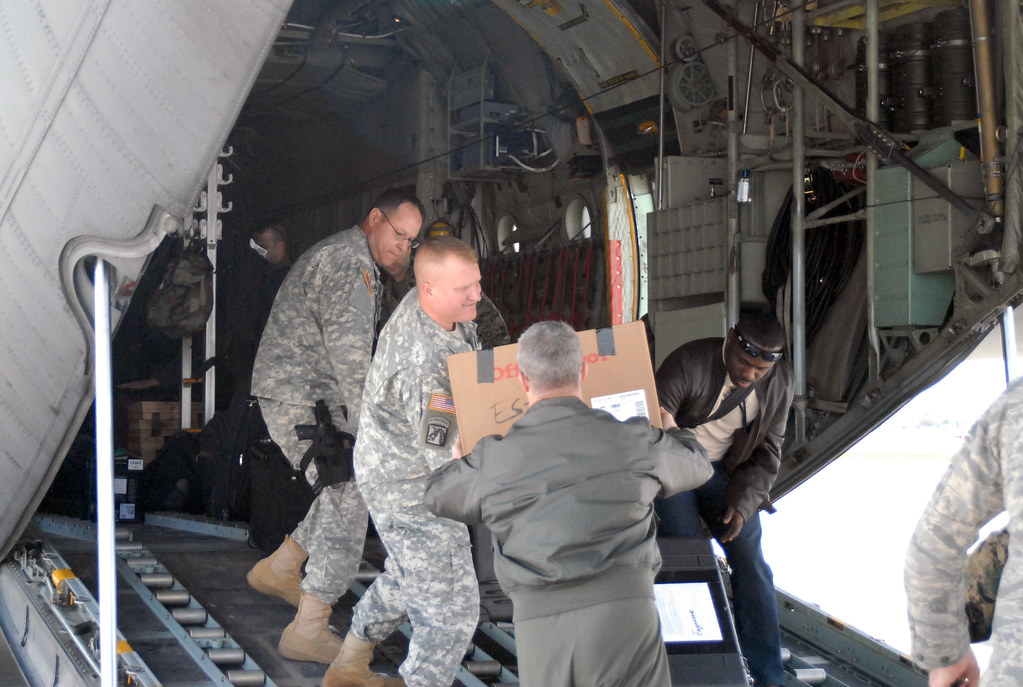The government of Haiti has requested the United States of America government to send troops that will help in the protection of key infrastructure after President Jovenel Moïse was assassinated this week, according to the Election Minister Mathias Pierre, who gave a statement on Friday.
Haitian officials said they had requested military support to protect port, airport and gasoline facilities and other key infrastructure. The US state department confirmed the request but was non-committal on the US response. “The Haitian government has requested security and investigative assistance, and we remain in regular contact with Haitian officials to discuss how the United States can assist,” a state department spokesperson said.

On the other hand, the White House said that they would be sending a delegation that would include a senior FBI and Homeland Security officials to Haiti as soon as possible. “Making sure we are providing resources, in terms of woman and manpower, but also financial resources, is part of what our objective is as well,” the White House spokesperson, Jen Psaki, said.
Haiti has been driven into a state of uncertainty after President Jovenel Moïse was assassinated on Wednesday last week. The parliament remains suspended and two rival officials have staked their claim to be the interim Prime Minister.
Police in Haiti said the assassination was carried out by 26 Colombian and two Haitian American mercenaries. Seventeen of the suspects were captured after a gun battle in Pétion-Ville, a suburb of the capital Port-au-Prince. Three others were killed and eight remain at large. According to Haitian officials, the two Haitian Americans involved, James Solages and Joseph Vincent, were duped into taking part in the assassination. Solages told investigators he had applied on the internet for a job as an interpreter for “foreigners” whose full names, he claimed he did not know.

He said he and Vincent had been told they were executing an order to arrest the president authorized by a judge. It was Solages who called up to the president’s guards during the attack telling them they were from the US Drug Enforcement Agency and ordering them to stand down. Once they discovered the president had been killed they handed themselves in.
“They said they turned themselves in because they did not feel like they had a choice,” Clément Noël, an investigating judge who debriefed the two Americans, told the Post. “They did not have a mission to kill the president. When they realized that things had changed, they brought themselves to the police.”
The assassination of the President was followed by a quick succession of high profile killings including those of a journalist and a human rights activist. The months of gang violence is now being compared to an undeclared civil war. In a letter requesting assistance, which was addressed to the US secretary of state, Tony Blinken, the Haitian ambassador to Washington, Bocchit Edmond, asked specifically for help from the FBI and justice department training programmes. He also asked for US sanctions under the Global Magnitsky Act to be imposed on anyone found to have aided and abetted the attack.
“We look forward to working with the US embassy in Port-au-Prince as we seek truth and justice for the family of President Moïse and the people of Haiti,” Edmond wrote. However, the presence of any US personnel is going to be highly controversial. In 1915, US troops invaded after the assassination of President Jean Vilbrun Guillaume Sam, launching a ruinous occupation that saw the introduction of Jim Crow racial segregation laws in what was the first country in the world to ban slavery. US troops did not leave Haiti until 1934, and remained closely involved in its fortunes.

US forces returned to Haiti in 1994, after the elected president, Jean-Bertrand Aristide, was toppled in a military coup. Between 2004 and 2017 UN troops from countries in South America and Asia were stationed in Haiti as part of a highly controversial stabilization mission whose peacekeepers were blamed for human rights abuses and causing a cholera outbreak that killed thousands of Haitians.
“Another deployment of foreign troops to Haiti would be a disaster,” said Jake Johnston, a Haiti specialist from the Center for Economic and Policy Research thinktank. “To think that foreign intervention is a solution to this is mind-boggling. Just look at the 2004 deployment of UN forces,” Johnson added, noting how that almost 15-year mission had failed to achieve its key objectives of creating a stable democracy with a functioning and effective police force.
Kinsley Jean, a student leader and political activist, said he was “fervently” against foreign military interventions in his country. “This is not what we need right now. To this day, every foreign intervention has brought more problems to the Haitian people. The last intervention of the United Nations brought cholera and killed thousands of people. I don’t think the solution will come from foreign intervention.”
Johnston said he thought the US was unlikely to agree to send troops. “But when you look at the history, that is often the solution provided by the international community. So it is certainly a possibility.”